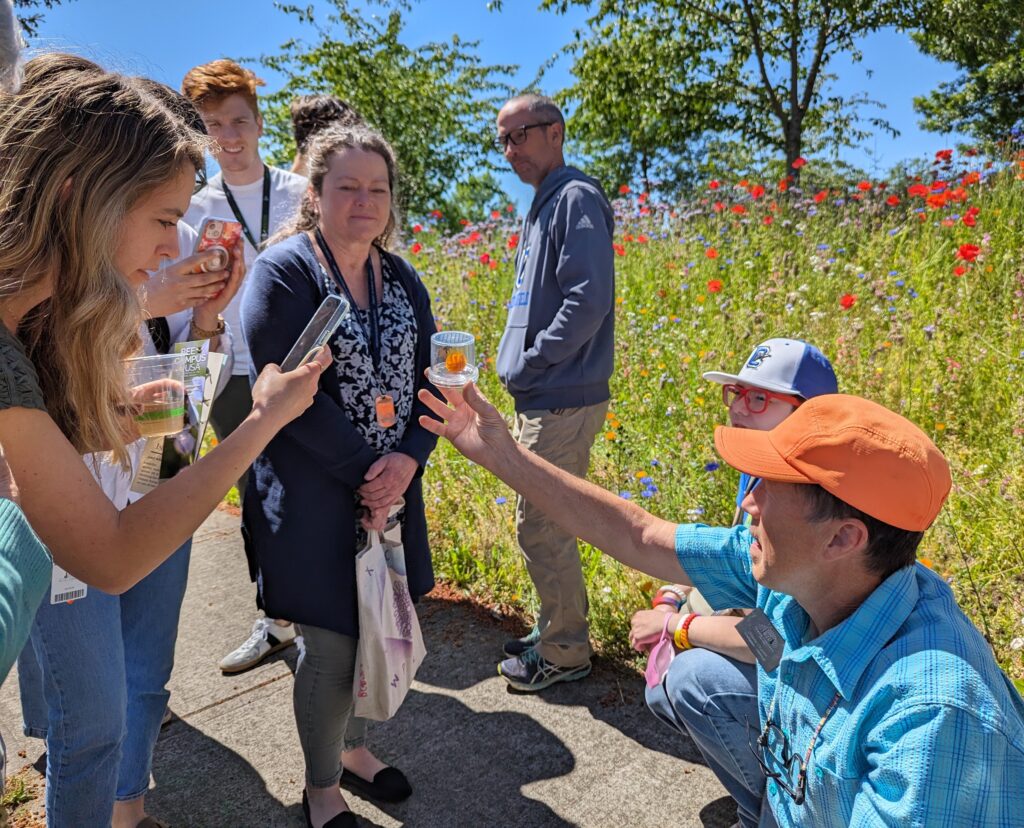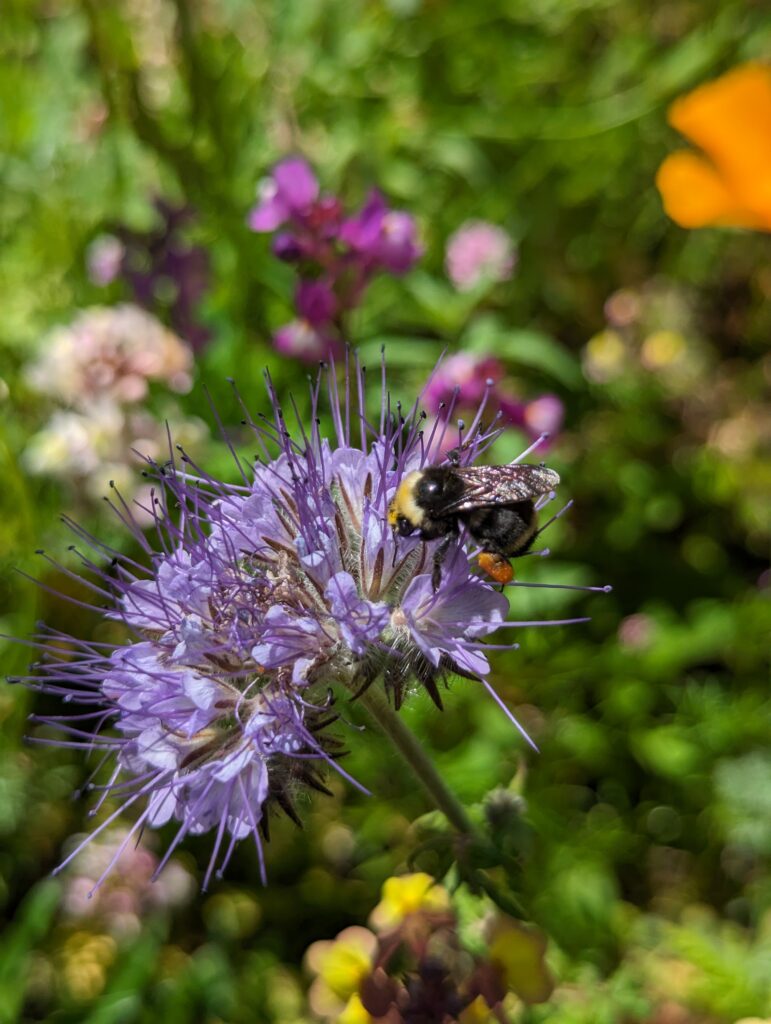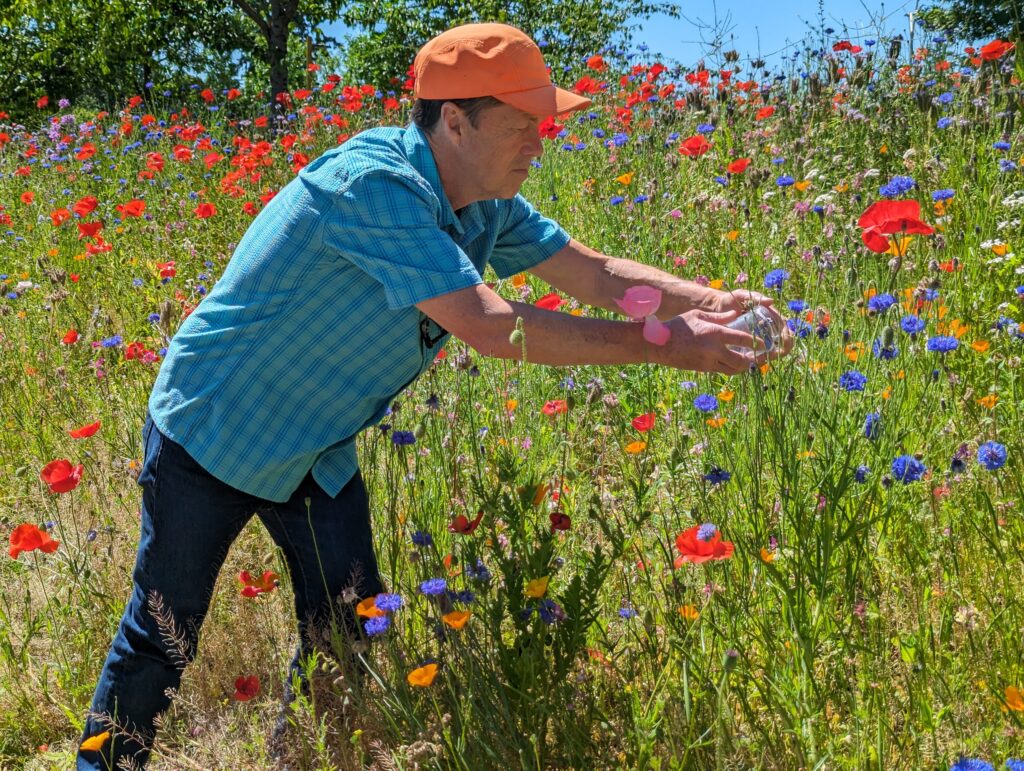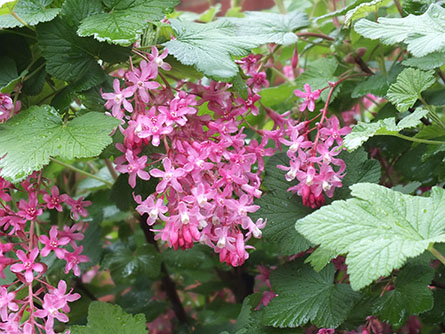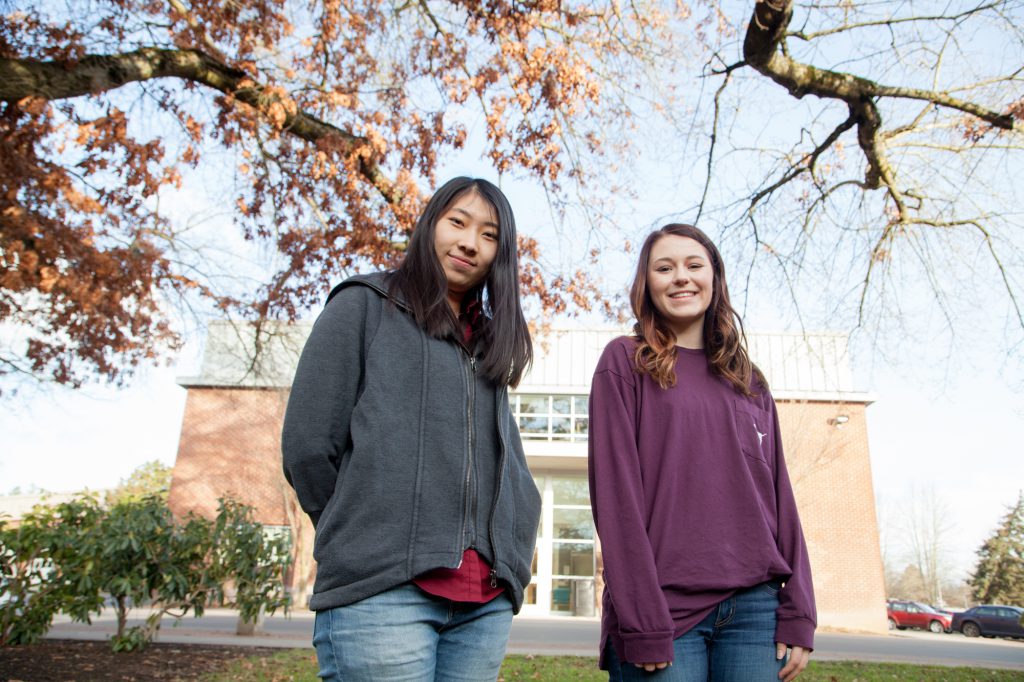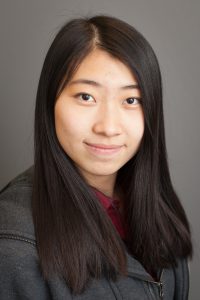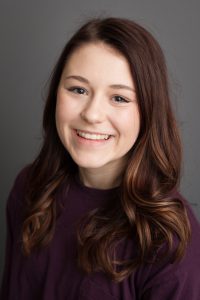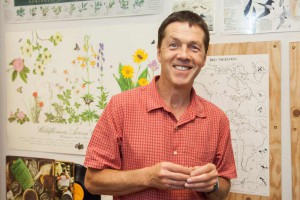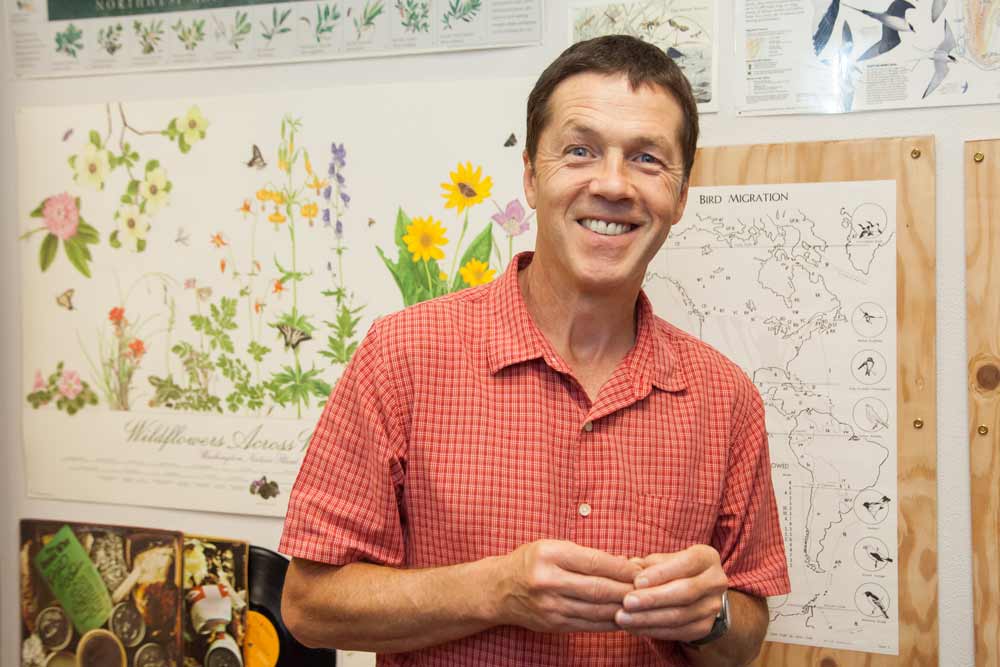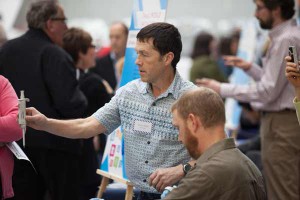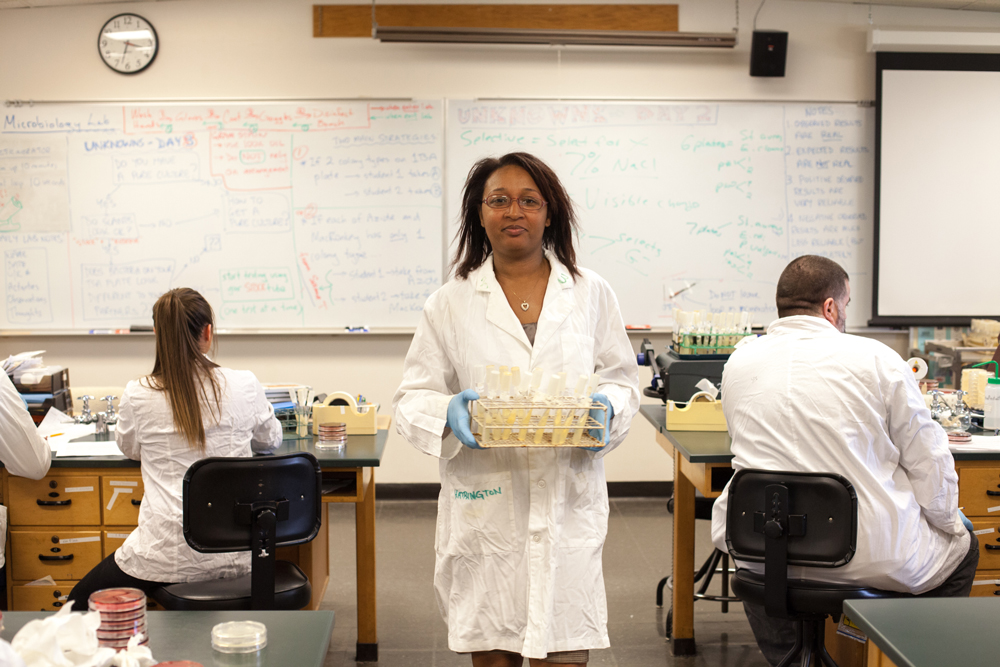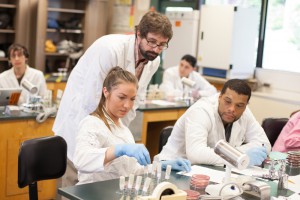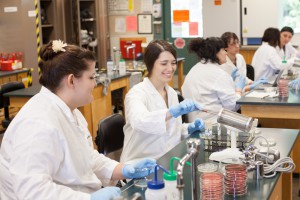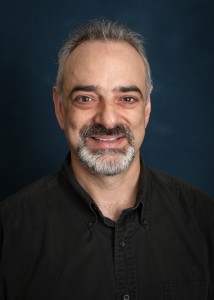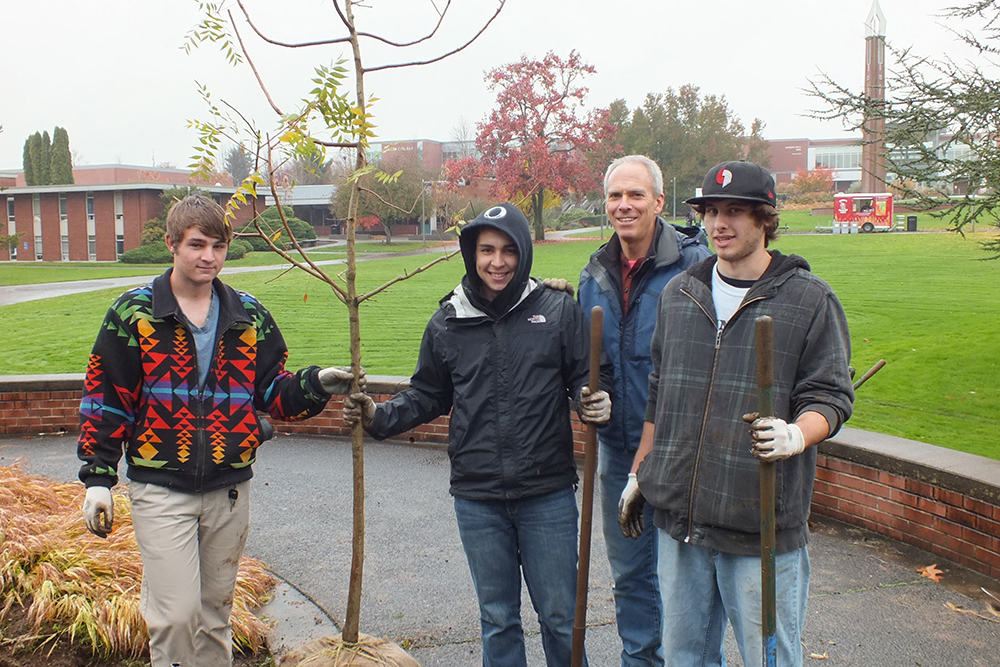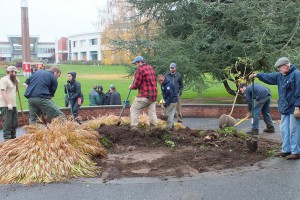The Science of Discovery
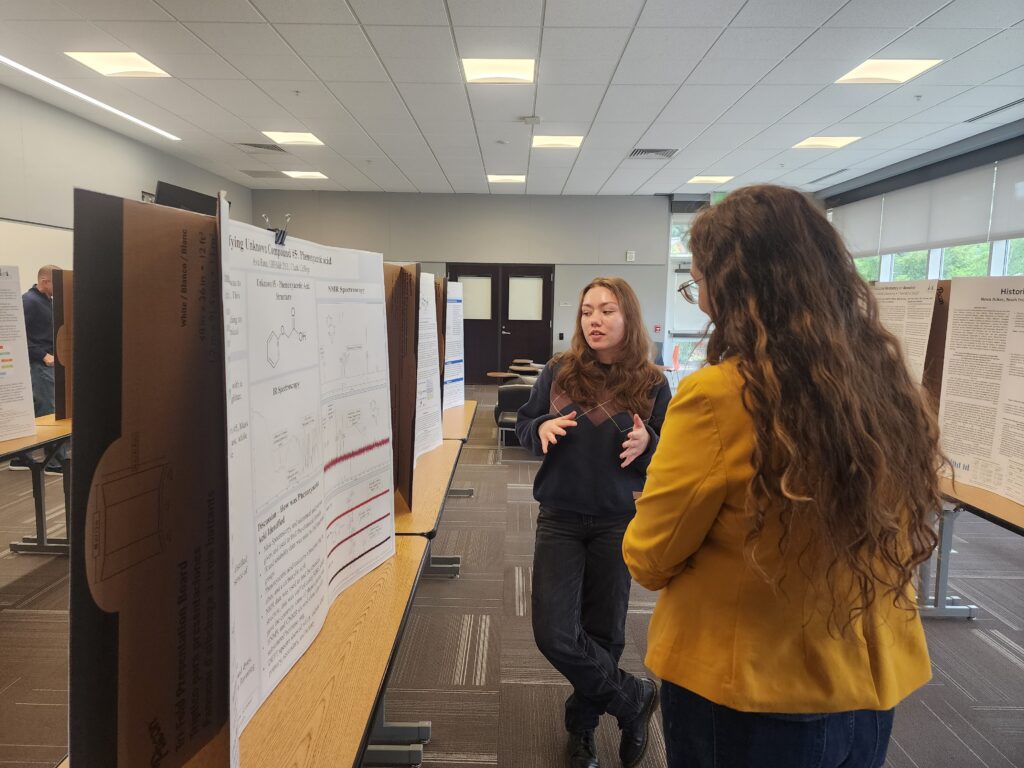
The STEM building was buzzing with questions, theories, and the scent of frosting.
For the first time since the pandemic, students, faculty, and staff gathered for the 4th Annual Chemistry and Biology Joint Poster Session, a long-anticipated return that spotlights research and creativity. Sponsored by the STEM Transfer Partnerships project, this year’s event blended scientific inquiry with community engagement. The Tod and Maxine McClaskey Culinary Institute contributed a sweet showstopper: a colorful periodic table created with cupcakes.
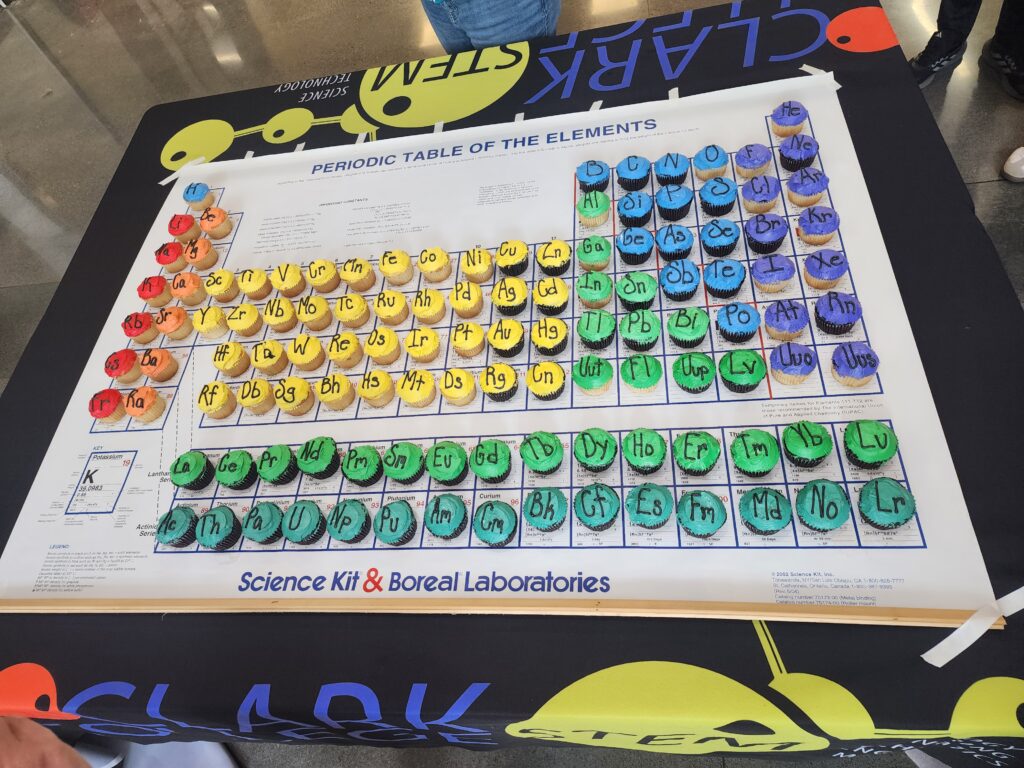
But baking aside, the real chemistry was on the POSTERS.
Student posters were arranged throughout the building’s lobby, months’ worth of research and work ready to be explored. This year’s themes highlighted both local and global topics.
Half of the presentations shared findings about a popular topic on Clark’s campus – BEES! From learning about bees’ preferred flower color to antibiotics in the soil, viewers engaged with the students, asking questions and discussing the beautifully displayed data.
Other classes presented research about a topic that often sparks controversy – VACCINES. Some addressed misinformation commonly spread about vaccines; others researched the ethics and hesitancy that surrounds the issue.
“We want the students to dive deeper into scientific research,” said Professor Nadine Fattaleh, who teaches General Chemistry and Organic Chemistry at Clark. “We choose a topic that has a lot of information out there – but we ask them, are you pulling information from peer-reviewed sources or primary scientific literature? OR are you pulling it from a drug manufacturer website or a podcaster, which may have some bias?”
Before the poster session, Professor Fattaleh’s students went through an extensive information literacy process, where they built an annotated bibliography around their topic, crafted questions, and researched credible resources to find answers. They then grouped together to present their findings with their posters.
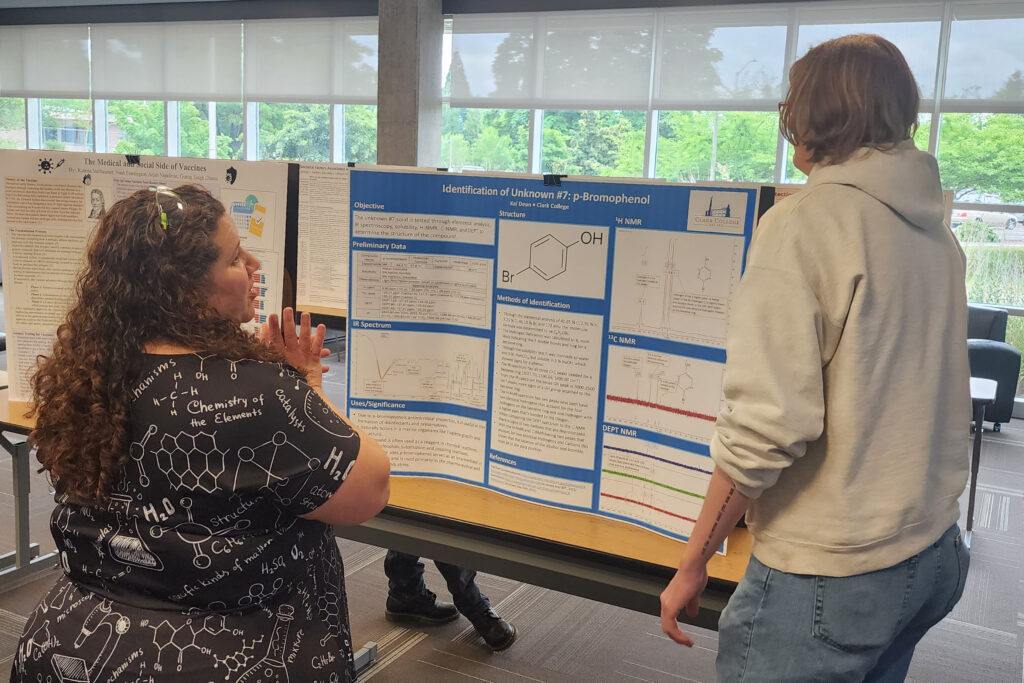
“It’s about trying to get students to look past the surface and that initial Google search to dig a little deeper into the actual scientific research,” she said.
For students in Organic Chemistry, the process was even more hands-on. Given an unknown compound, they used lab equipment and materials to identify it, mimicking the real-world process of scientific discovery.
While the experience strengthened students’ scientific research skills, it also gave them a glimpse of what is to come. Whether pursuing undergraduate research, a graduate degree, or industry work, these students are likely to face poster presentations again; but next time, there could be funding or a senior thesis on the line.
“We want to give them a safe place to do this for the first time,” Professor Fattaleh said. “How to even create something like this, what tools and details are needed—this gives them that training ground.”
Still, the experiences earned weren’t just academic.
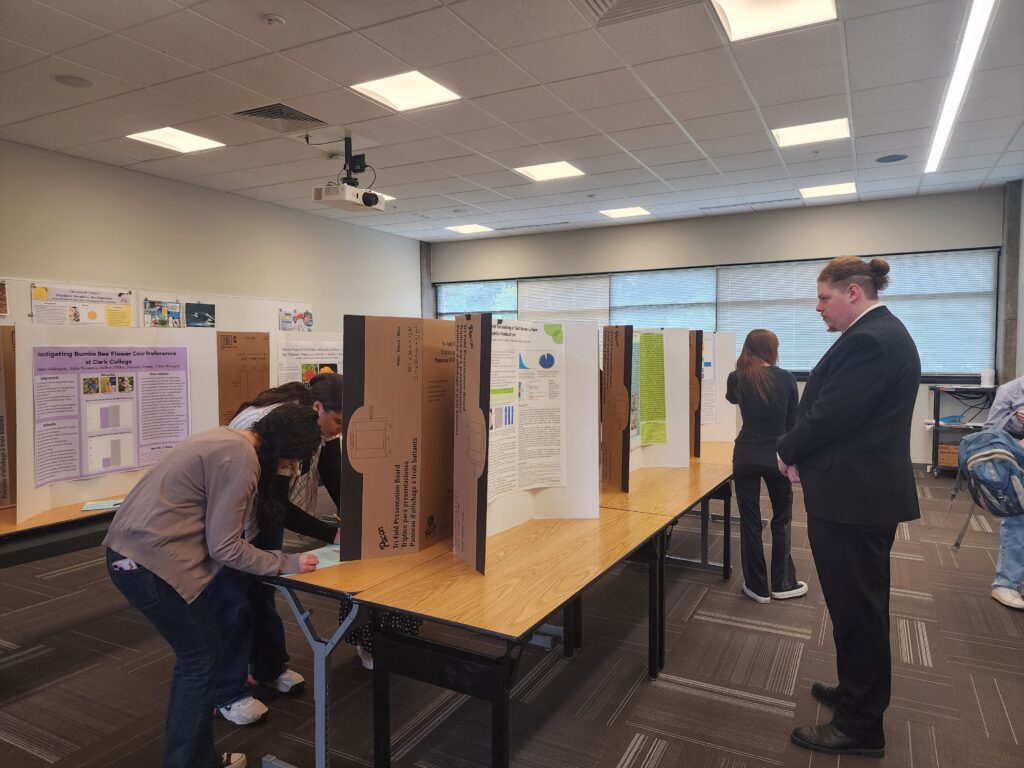
“I hope that students, especially seeing their work in such a large format, see the impact and have pride in that work,” Professor Fattaleh shared. “In the past, our students have had that sense, walking around and listening to the comments. It’s absolutely something to be proud of. They’ve created amazing things and have done amazing work.”
And what better way to celebrate the science of discovery than to enjoy it with a cupcake of every element?
Learn More About Clark’s Chemistry & Biology Programs
Chemistry is part of the physical sciences and involves the study of energy and matter by observation of its characteristics and properties. Clark’s program uses modern lab equipment and offers hands-on experience in a collaborative learning environment that includes courses for non-science majors, pre-professional health programs, and general inorganic and organic chemistry. Learn more about the Chemistry department at Clark.
Biological Sciences is the study of living things and their relation to the environment. Students learn to use the scientific method to examine scientific facts and understand natural processes occurring in the world. Clark’s program offers an exchange between the support areas of Chemistry, Geology, and Physics to create a well-rounded basis for science-based techniques. The department also provides students with a rare opportunity to learn from hands-on field or lab work that can include examining human cadavers, attempts to discover new antibiotics, desert field trips, and searching for native species in the Columbia River Gorge. Learn more about the Biology department at Clark.
Photos: Clark College/Malena Goerl
